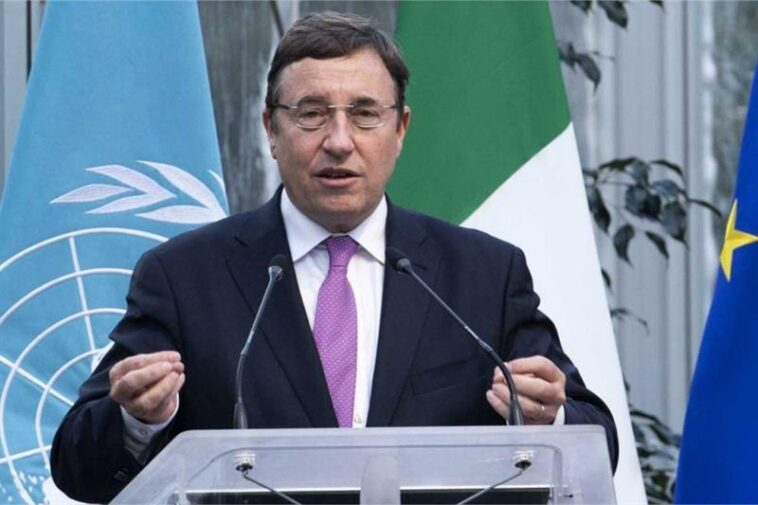Concern Over Debt Distress
Doha, Qatar: A senior UN official has cautioned that “urgent” action is required to assist 52 countries with debt repayment issues, which place some at risk of insolvency.
Achim Steiner, the chief of the United Nations Development Programme, told AFP that 25 of the 52 countries were spending more than a fifth of their government revenues servicing external debt.
Steiner stated in an interview held on the margins of the Least Developed Countries (LDCs) summit in Doha on Saturday that the current state of national debt in developing nations is “extremely, extremely grave.”
According to the UN agency, 52 countries are either in debt distress or are on the verge of debt distress and potential default.
Steiner did not name the countries involved, but the UNDP released a report last week that called for a 30 percent write-off of external debt for 52 countries based on 2021 values.
The 52 nations included Argentina, Lebanon, and Ukraine, as well as 23 nations from sub-Saharan Africa, 10 nations from Latin America and the Caribbean, and eight nations from East Asia and the Pacific.
Steiner asserted that “the financial markets are not paying sufficient attention” to the 52 countries, which represent only three percent of global external debt but one-sixth of the global population.
Progression Shocks
Twenty-five nations devoting one-fifth of their government revenue to debt service is “not sustainable,” he added.
“Therefore, we have pleaded vehemently for immediate measures to inject liquidity while also restructuring and rescheduling debts, as otherwise we may see country after country descending into debt distress.”
Saturday, UN Secretary General Antonio Guterres criticised wealthy nations and energy titans for imposing “predatory” interest rates on LDCs.
Due to the coronavirus pandemic, high food and transportation costs, and financial crises, the debt of poor nations has soared over the past decade.
In the past two years, numerous defaults have occurred.
According to Steiner, African nations such as Nigeria, Mali, and Burkina Faso have lost up to 20 years of development due to a rise in political violence and government failings to provide essential services, security, health, and education.
More than 60 percent of the total debt, he said, is owed to private creditors, making its estimation problematic.
“Now you have the conflict in Ukraine, the impact on global food and energy prices, and when it comes to debts, the impact of inflation is bringing up interest rates,” he explained.
According to Steiner, countries struggling to maintain fiscal stability have experienced a “short-term disruption” as a result of rising petroleum prices.
In addition, they are under increasing pressure to invest in renewable energy and combat climate change, according to the UN official.
Also read: China will increase defence expenditure by 7.2% this year
“Inevitably, the ability of low- and middle-income countries to substantially expand their renewable energy infrastructure… is diminished,” he said, urging greater international investment in “clean and affordable electricity” for low-income countries.
Steiner stated that energy security has become such a heated international topic over the past two years that he anticipates a “exponential increase” in renewable energy infrastructure investments over the next five years.




